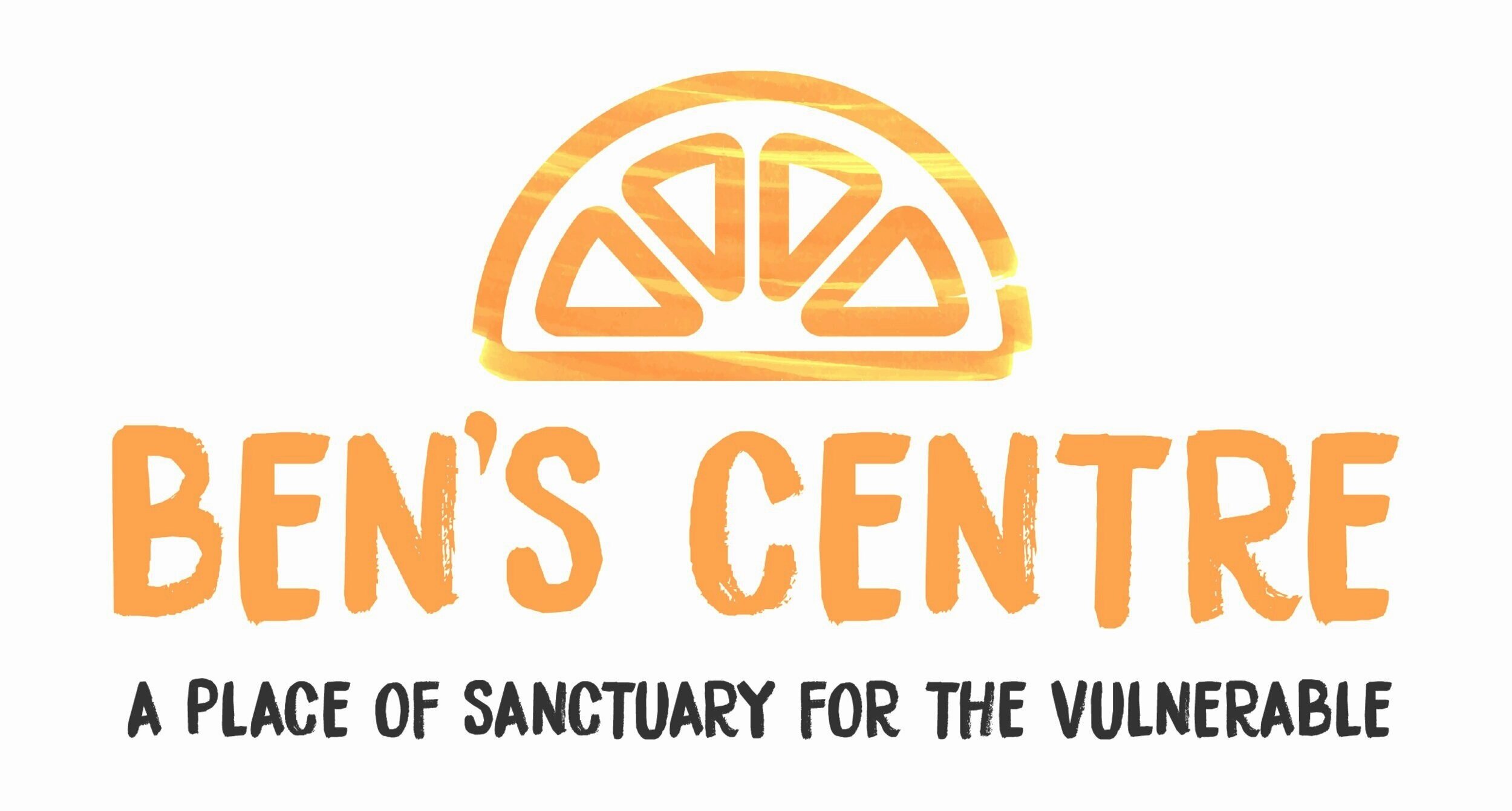Life on the Street When You’re LGBTQ+
For anyone living on the street, life is already tough. Unstable access to food and shelter make everyday life a matter of survival. For LGBTQ+ people however, there are unique challenges that can make things even tougher. LGBTQ+ people face higher rates of homelessness, greater risks of substance misuse, and are vulnerable to discrimination based on their identity. This Pride Month, we want to shed some light on the dangers vulnerable LGBTQ+ people face, and the ways we can work to protect and support them.
Even though LGBTQ+ people make up an estimated 3.6% of the UK’s population, (Office for National Statistics) research from Stonewall shows that as much as one in five LGBTQ+ people have faced homelessness in their lives. The cause for this disproportionate rate of homelessness is still under researched, however this is likely due to facing rejection from family, and discrimination from their communities based on cultural or religious beliefs. Alcohol or drug misuse also sees higher rates within LGBTQ+ populations; UK research finds that gay, lesbian and bisexual and trans people are more likely to use alcohol and other drugs and develop problematic or dependant use than the general population. Similarly, LGBTQ people are more likely to struggle with mental health issues such as depression and anxiety due to discrimination or mistreatment. Each of these factors are likely to worsen the others - creating a dangerous cycle that we see often in the lives of Ben’s Centre Clients.
It’s also important to be conscious of unique issues that specific members of the LGBTQ+ community face - for example Black LGBTQ+ people and people of colour face discrimination based on their identity and their ethnicity - even from within the LGBTQ+ community. One third (34%) of Black, Asian and minority ethnic LGBT people have experienced a hate crime or incident in the past twelve months, compared to one in five white LGBT people (20%). Trans people face an even higher rate of homelessness - up to 25%. Trans people report higher rates of discrimination when trying to find housing, medical support, and support services tend to have a lesser understanding of trans issues than for their cisgender lgb counterparts. More than two in five trans people (44 per cent) avoid certain streets because they don’t feel safe there as an LGBT person. One in four (25 per cent) were discriminated against when looking for a house or flat to rent or buy in the last year. Being aware of these inequalities can provide a better understanding of how and why our LGBTQ+ clients end up in vulnerable housing situations or with substance issues, as well as how we can better support them.
Whilst the experience of being LGBTQ+ and living on the street are still relatively under researched - it is clear that as vulnerable people they face unique issues that require tailored & specific support. At Ben’s Centre, we do our best to ensure we are a safe space for vulnerable LGBTQ+ individuals, and are always looking into ways we can improve our awareness on the issues that face this community. Our project’s core values are “INCLUSION, OPPORTUNITY, AND MOTIVATION TO LIVE UNHINDERED BY TRAUMA AND SUBSTANCE DEPENDENCY. “ As such, we strive to ensure inclusion is present in every aspect of the project - from using gender neutral terminology in the project’s written policy to the day centre rules which remind both clients and staff that we are a safe space, in which everyone deserves to feel accepted and safe from discrimination. Throughout the day centre, we have many pride flags and pieces of artwork that act as a subtle but visible way to signal to LGBTQ+ clients that we are a safe place to be themselves. Whilst we consider ourselves to be a LGBTQ+ safe space, we recognise that more can be done to support LGBTQ+ people on the street. We are currently working to provide some more LGBTQ+ and trans specialised training for our staff so that we are better equipped to understand and assist with the issues our clients face.


